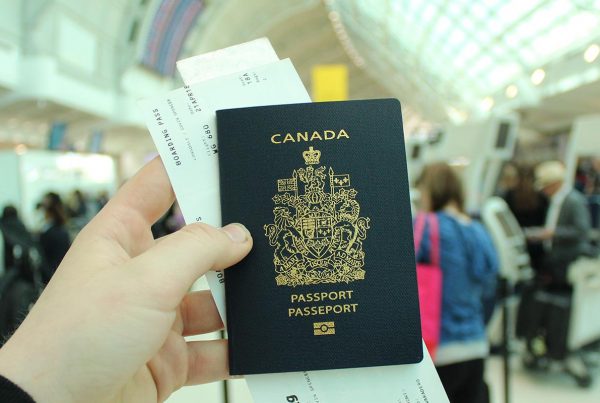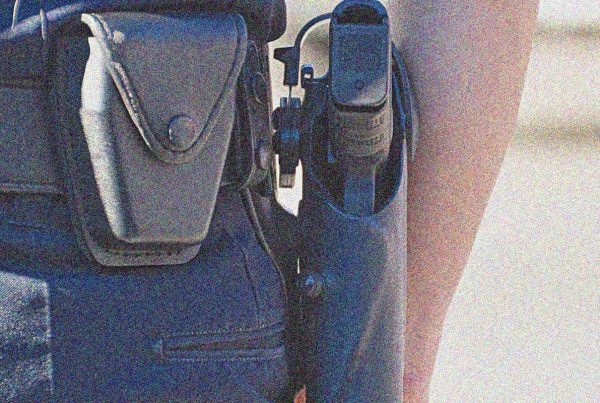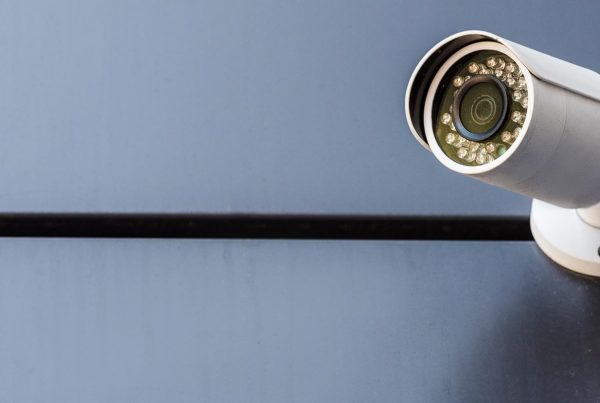June 11, 2021
The Canadian Civil Liberties Association (CCLA) has been granted leave to intervene in the upcoming Supreme Court of Canada case, Matthew Stairs v. Her Majesty the Queen. This is a case that will examine police authority to conduct a warrantless search of a house after a person has been arrested.
The police were investigating an allegation of a recent assault and decided to enter a house without a warrant because they were concerned about a woman’s safety. They found a woman with fresh injuries, and placed Mr. Stairs under arrest. The police then conducted a warrantless search of the house, which they said was a “sweep” for safety concerns. During this warrantless search, they found a plastic container and a plastic bag, both of which were later confirmed to contain methamphetamine. The accused was charged with assault, breach of probation and possession for the purpose of trafficking. At trial, he claimed his Charter rights were violated.
Arguments at the Supreme Court will focus on whether the warrantless police “sweep” of the house violated the accused’s right to be free from unreasonable search and seizure.
A warrantless search is presumptively unreasonable and unconstitutional. While there are exceptions to this rule, the CCLA believes that instances where police are given the power to search without judicial authorization remain just that – exceptional. In this case, the police had arrested and handcuffed the accused before they searched the house. They did not have any specific reasons to think that their safety was at risk. They searched the home regardless.
Individuals have a high expectation of privacy in their homes. Giving the police the authority to search a person’s home, without a warrant, based on a vague safety concern, gives rise to significant privacy concerns. As stated by the dissent at the Court of Appeal, permitting the police to search in a case such as this “has the potential to provide the police with a broad license to undertake warrantless searches.”
The CCLA plans on arguing that the police must have reasonable and probable grounds to search someone’s home incident to arrest. In our view, the Charter permits search of a home incident to arrest in two specific circumstances: imminent risks to officer safety and imminent risks of the destruction of evidence. The scope of the search of a home incidental to arrest must be limited by the purpose for which it is undertaken; that is, only as is necessary to ensure officer safety or the preservation of evidence.
Many thanks to our pro bono counsel, Anil K. Kapoor and Victoria M. Cichalewska, for representing the CCLA in the case.
About the Canadian Civil Liberties Association
The CCLA is an independent, non-profit organization with supporters from across the country. Founded in 1964, the CCLA is a national human rights organization committed to defending the rights, dignity, safety, and freedoms of all people in Canada.
For the Media
For further comments, please contact us at media@ccla.org.





